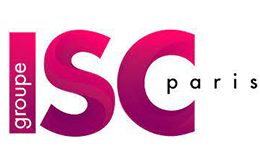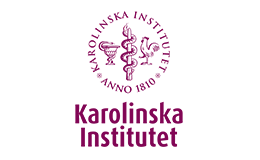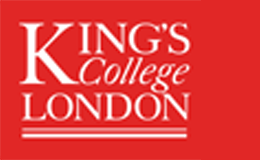Everything about Work VISA for Netherlands
How to get work VISA for Netherlands

Do you know not all who want to work in the Netherlands need a separate Dutch work permit? In this article, let us discuss the Netherlands’ work visa regulations and categories.
To work in the Netherlands, your residency status and nationality will decide if you need a work permit. Netherland’s residency and work authorization are closely connected. Your reason for migrating to the Netherlands determines the type of authorization you will require to work in this country. The demand for highly skilled workers in the Netherlands is high as it is one of the most internationally focused, multilingual and highly qualified workforces in the world. International workers are entitled to a few fast-track highly skilled migrants program and tax benefit schemes (30 percent tax ruling). Work permits include:
· Orientation Year Permit
· Intra-company transfer permit
· Highly skilled migrant permit
· General work permit
· Foreign permit
European Union(EU), European Economic Area (EEA) citizens and citizens of Switzerland, Norway, Iceland, Liechtenstein, do not require any work permits or residence permits to stay in the Netherlands. Croatians need a Dutch work permit for the first year. Citizens of Japan require an only residence permit for long-term stays but do not need work authorization. Some individuals like Blue cardholders, highly skilled workers, graduate freshers, self-employed, foreign nationals who are joining a relative, legally working in the Netherlands can work on their residence permit, without obtaining a separate work permit.
Single permit, Working as an employee
For less than 90 days stay and work your employer applies for a short term work permit. It can be used with your passport or Schengen visa. For more than 90 days work employer should apply for a single permit that grants both ‘residence permit’ and ‘work permit’ under one application through the IND (Immigration and Naturalization services). Your employer will have to disclose to the immigration authorities, their company’s credentials, a valid job contract, the recruitment drive carried out that shows the position was impossible to be filled by an EU, EEA or a Swiss citizen. This is known as the labor market test. For intra-company transfers, internships, and refugees the labor market test is not needed. Single permits are usually issued for 1 year but maximum for 3 years in exceptional cases. Change of job asks for a new work permit. A separate work permit needs to be obtained instead of a single work permit for the following:
· Intra-company transferees
· Students
· Seasonal workers
· Refugees
· Seafarers
· Service providers
Highly-skilled migrant
This permit is issued for the employment contract or assignment’s duration period, up to a maximum of five years that can be extended. To obtain this permit as a highly-skilled migrant, you must have signed an employment contract or written agreement for at least four months with an employer identified by the Dutch immigration authorities. Make sure this job earns you a certain level of income as fixed by the authorities.
Self-employed and freelance workers
You must apply for a residence permit (including a work visa) as an entrepreneur or a self-employed individual. It will be valid for 2 years but is extendable. Freelancers have to show that they have enough work at hand, medical practitioners should be registered in the Big register, and entrepreneurs should get their proposed plan and financial status, assessed by the Netherlands Enterprise Agency.
Graduates and students’work permits
Students are allowed to work while studying however, there are few conditions for Non-(EU, EEA or Swiss and Croatian nationals). The international students belonging to other nations can work up to 10 hours per week for the whole year or they can work full-time in June, July, and August only. In both cases, your employers will obtain valid work authorization for you. When you complete your graduation (Bachelors or Masters) from a University in the Netherlands, you can apply for an orientation year residence permit within 3 years from the date of graduation. This allows you to stay back and work in the Netherlands for 1 more year and search for a full-time job. For anyone who is into orientation year, the minimum salary amount is €2228 per month. Once the individual secures a full-time job the extension will be converted into a work or residence permit (as required in your case) by your employer.
Scientific research permits
If you are on-board of a research project at a recognized research institute and have the qualification required to access a university doctoral program, then the institute applies for a residence permit for scientific research. Research permits are issued for a maximum of five years and can be further extended.
Working as an au pair
You can work as an au pair for a host family for 30 hours a week. You cannot perform or take up any other work while working as an au pair. Your residence permit for this purpose will be arranged by an au pair agency. The agency should have recognition from the Dutch immigration authorities. Au pair permit is valid for 1 year.
Woking Holiday schemes
Only open for citizens of a few designated countries.
EU Blue Card
Under certain conditions, individuals can apply for EU Blue Card which is a residence permit for highly skilled migrants with enhanced benefits. The prospective employer will file it in the Netherlands.
Seasonal and short-term labor
These permits are for individuals who come to the Netherlands to stay for up to 24 weeks in 1 year.
Accompanying a family member
Accompanying a family member who has permission to stay and work in the Netherlands makes you entitled to the same rights.
After completing 5 years in the Netherlands you become eligible to apply for a permanent residency visa of the Netherlands.




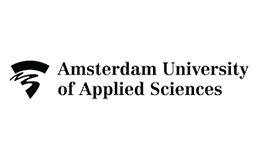
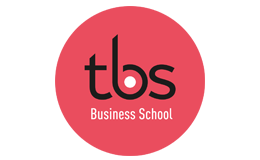
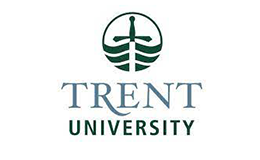
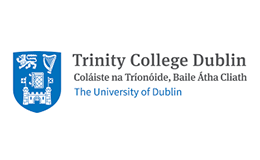



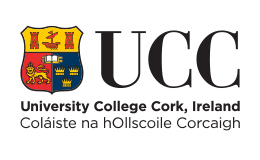




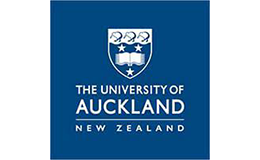
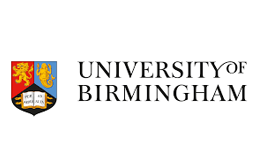
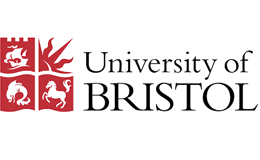
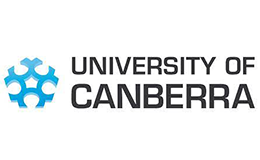

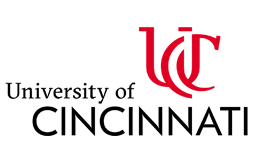


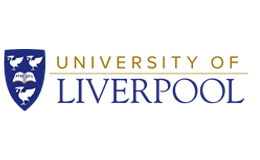
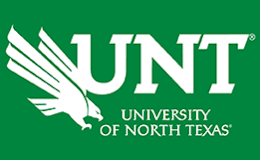
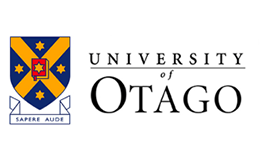

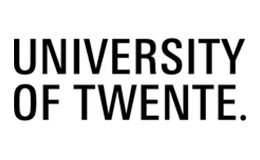

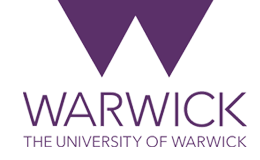
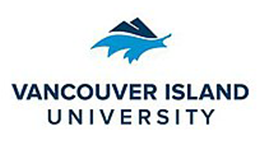
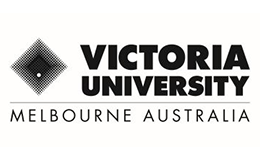

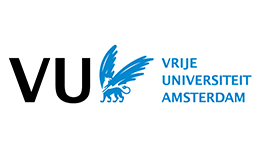


.png)
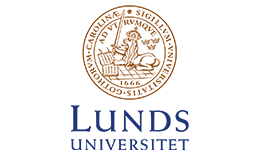

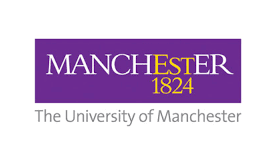

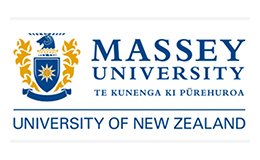
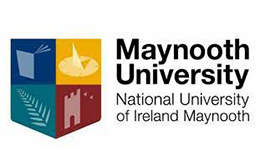

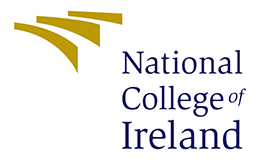
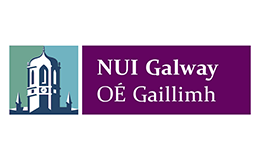
.png)



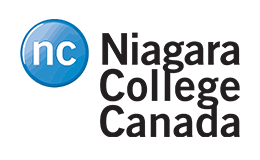
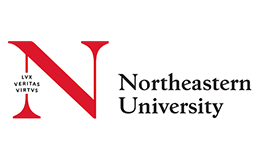




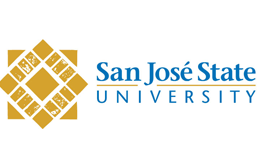




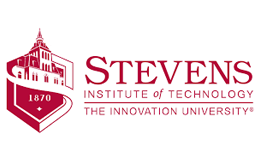
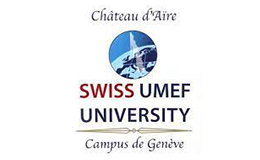


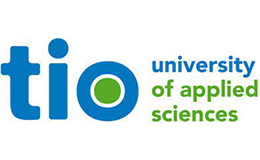
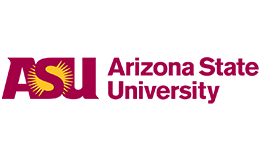

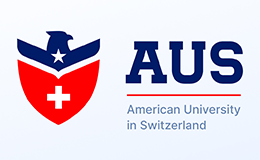
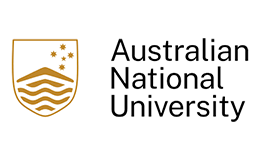
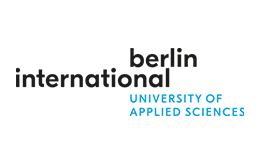
.png)




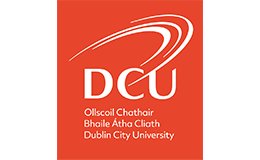

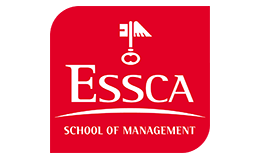



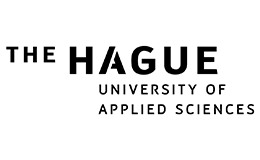
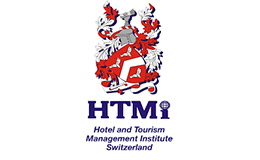

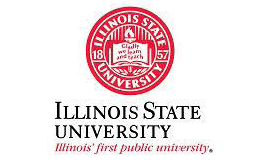

.png)
